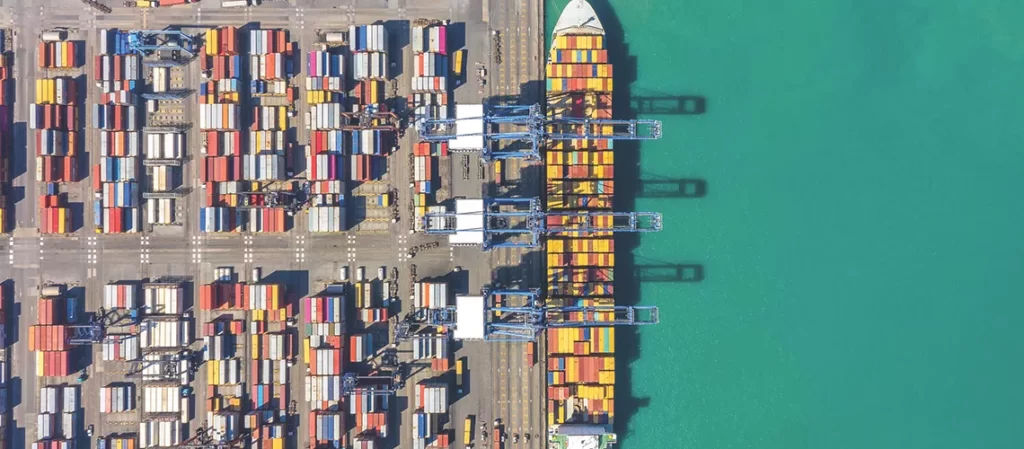A new report by the World Bank on customs reforms in developing countries has indicated that political interference, corruption, among the key issues are among several sources of bottlenecks in customs administration.
According to the report, customs officials are under the influence of family ties, kinship, and social relations, which makes it difficult to implement anti-corruption reforms.
As such, it is difficult to prove a lack of integrity in environments where data are missing and controls are lacking. Additionally, in settings where political appointments at the front line are numerous, the controls by the heads of customs become more complex. This makes it even more challenging to improve the situation.
The report noted that political patronage is a major concern in customs, as it often leads to well-paying jobs and rent-seeking opportunities. This, the World Bank noted, can lead to tariff evasion and other forms of corruption, especially in countries where the political establishment holds links to trading businesses.
Another source of bottlenecks in customs administration the report further revealed, is the complexity of laws and procedures. The multiplicity of actors involved, including brokers who manage relationships between officials and traders, adds another layer of exposure for corruption.
Moreover, the spatial dispersion of customs officials across a territory makes it more difficult to monitor and control customs operations.
The report noted that the typical principal/agent approach to governance is already challenged in countries plagued by widespread corruption. Therefore, it is crucial to find innovative ways to reform customs administration and improve its effectiveness. This includes implementing effective measures such as automation of customs processes, risk management, and targeted inspections of high-risk goods.
Addressing the Political Interference
To address political interference and corruption, the report suggested creating a professional customs service that is independent of political influence and has adequate resources to perform its functions effectively.
It also recommended promoting transparency and accountability in customs operations, including the use of performance indicators and the publication of customs data. In addition, the report suggests engaging civil society and the private sector in customs reform processes to ensure that reforms are responsive to the needs of stakeholders.
The report stressed that political interference, corruption, and the complexity of laws and procedures are among the key issues that need to be addressed to improve the effectiveness of customs administration.
To achieve this, it is crucial to create a professional customs service that is independent of political influence and promote transparency and accountability in customs operations, the report indicated.

By doing so, customs administration can contribute to a stronger fiscal position and increased revenue collection for the government.
Customs are often perceived as one of the most corrupt institutions in developing countries. Though difficult and complex, fighting corruption in customs is possible but requires an approach that is less centered on transposition of norms and practices from developed countries.
Corruption is often deeply embedded in the social norms and expectations of political and social life. Such norms provide the unwritten rules of behavior. In countries riddled with corruption, laws often fail to regulate conduct, so the prevailing social norms guide many interactions by dictating the rules of the game. Thus, there may also be social sanctions for violating these norms.
Rwanda and Georgia had been confronted with pervasive corruption in customs for years. With new leadership in the 2000s in both countries, a comprehensive approach to tackle corruption in customs was launched with some drastic measures. In both countries, a combination of measures addressing the broader social roots of corruption and technical measures were implemented.
The experiences from Georgia and Rwanda are, of course, context specific and refer to particular events in the two countries’ history. Still, some lessons of broader relevance can be identified.
READ ALSO: Gov’t Rakes in GH¢2.3 billion from T-bills Auction Despite Missing Target























